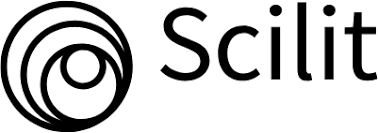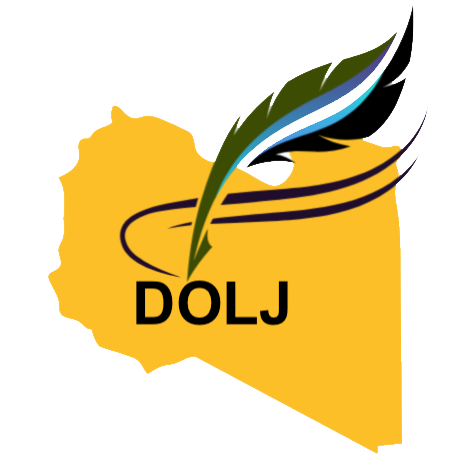The Impact of Scientific Development on Prayer
DOI:
https://doi.org/10.54172/j4fadx26Keywords:
Scientific development, Radio, Loudspeaker, Prayer, MosquesAbstract
Modern science has progressed to an unprecedented extent, uncovering aspects of life that were previously unknown. People have discovered many facets of life that have bridged gaps and facilitated challenging tasks. All of this is a result of God's grace upon humanity, teaching them what they and their forefathers did not know. One of the significant discoveries of science is electricity, a crucial element for technologies such as radio and broadcasting. Through electricity, humans can transmit sound across the globe in the blink of an eye. It is also fundamental to amplifiers that significantly increase sound volume. Muslims have greatly benefited from these technological advancements, particularly in the context of broadcasting. The Mu'adhin, who calls for prayer, can now be heard over considerable distances within a single country. This can impact the validity of congregational prayers or Friday prayers. Additionally, the voices of Imams from major mosques in distant cities, especially the Holy Mosques in Mecca and Medina, can be transmitted, allowing Muslims to hear and follow their lead. This research aims to elucidate the impact of these scientific advancements on Islamic prayers, exploring the prerequisites for the obligation of congregational or Friday prayers and the permissibility of following an Imam remotely. The paper also delves into the ruling of the mubaligh behind the imam with the loudspeaker present.
Downloads
Published
Issue
Section
License

This work is licensed under a Creative Commons Attribution-NonCommercial 4.0 International License.
Copyright of the articles Published by Almukhtar Journal of Social Science (MJSSc) is retained by the author(s), who grant MJSc a license to publish the article. Authors also grant any third party the right to use the article freely as long as its integrity is maintained and its original authors and cite MJSSc as the original publisher. Also, they accept the article remains published by the MJSSc website (except in the occasion of a retraction of the article).













